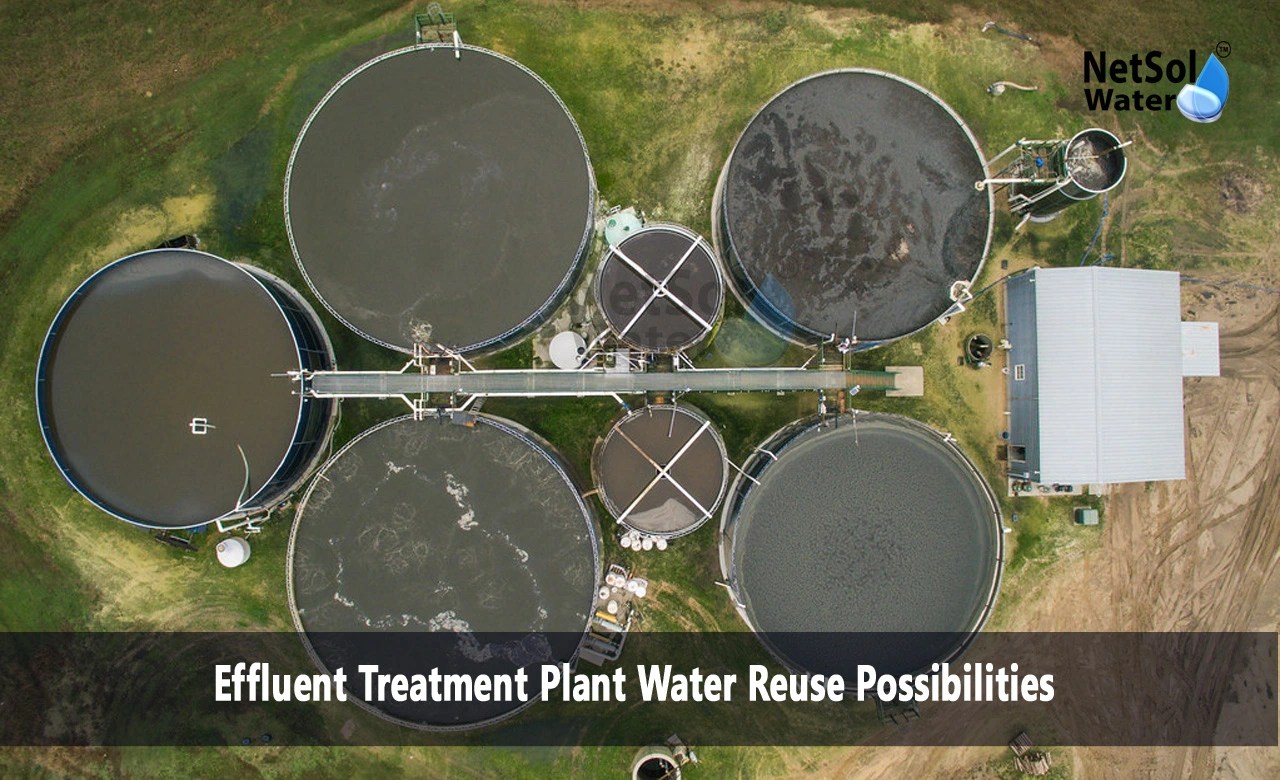What are the Water Reuse Possibilities in an ETP Plant?
Water scarcity threatens our world. Growing populations and climate change make finding sustainable water sources crucial. Reusing treated wastewater from effluent treatment plants offers an underappreciated possibility. This blog discusses ETP water reuse potential, covering benefits, problems, and uses across sectors.
The Basics of Effluent Treatment Plants
ETPs treat wastewater before releasing it into the environment. They remove impurities by physical, chemical, and biological mechanisms. The treated water, while not drinkable, generally meets standards for numerous non-drinking uses.
The approach often involves:
1. Primary treatment removes solid trash and big particles
2. Secondary treatment breaks down organic materials utilizing microorganisms
3. Tertiary treatment further purifies water using advanced methods including filtration and disinfection
Understanding ETP Water Quality
ETP water quality varies based on wastewater source, treatment methods, and restrictions. Generally, ETP water has fewer suspended particles, organic matter, and pathogens. It may still have trace amounts of nutrients, dissolved salts, and micropollutants. These qualities define potential reuse uses.
Agricultural Irrigation
Agricultural irrigation is a promising area for ETP water reuse. Farmers benefit from a stable water source while minimizing reliance on freshwater resources.
Benefits include:
1. Nutrient content frequently stimulates plant development, potentially lowering fertilizer use
2. Year-round availability provides a continuous supply
3. Cost-effectiveness makes it cheaper than other water sources in water-scarce places
Farmers must consider crop selection, as some crops fit irrigation with treated effluent better due to potential pollutants. Public worries about food safety demand education and stringent quality control. Long-term implications on soil health need monitoring.
Industrial Applications:
Industries consume enormous amounts of water, making them ideal for ETP water reuse. Many industrial operations don't need potable water quality, allowing for large water savings.
Potential industrial applications include:
1. Cooling systems in power plants and manufacturing complexes
2. Process water for diverse manufacturing purposes
3. Cleaning and maintenance tasks
Industries benefit from reduced freshwater usage, lower operational costs, and enhanced sustainability credentials. They must overcome problems include achieving specified water quality criteria, preventing equipment corrosion and scaling, and guaranteeing regulatory compliance.
Urban Landscaping and Recreational Uses
Cities can use ETP water for numerous non-potable urban purposes, decreasing pressure on drinking water sources. Potential uses include park and golf course irrigation, street cleaning, dust control, ornamental fountains, and toilet flushing in public buildings.
Urban reuse conserves potable water, relieves demand on municipal systems, and generates greener urban settings. Implementation involves dual pipe systems, public health precautions, and solutions for seasonal demand changes.
Some cities integrate treated wastewater into urban architecture, creating "water-smart" parks that exhibit sustainable water management.
Groundwater Recharge
As groundwater depletion becomes important, employing treated wastewater for aquifer replenishment draws interest. Methods include surface spreading and direct injection.
Groundwater recharge reduces saltwater intrusion in coastal locations, saves water for future use, and improves water quality through natural filtration. Challenges include pollution hazards, geological appropriateness, and long-term implications on aquifer chemistry and ecosystems.
Environmental Flow Augmentation
Releasing treated effluent into natural water bodies helps maintain ecological equilibrium, especially during dry years. It sustains aquatic habitats, maintains minimum flow levels, and helps dilute contaminants.
Implementation includes satisfying high water quality standards, moderating temperature impacts, and reducing fertilizer levels to prevent algae blooms.
Emerging Technologies and Future Possibilities
Advancing technology creates new ETP water reuse opportunities:
1. Direct potable reuse feeds highly cleaned effluent into drinking water systems
2. Algae culture uses nutrient-rich sewage for biofuel production
3. Constructed wetlands integrate wastewater treatment with habitat creation
4. Resource recovery removes valuable materials from wastewater
Conclusion
Effluent Treatment Plant water reuse potential encompass agriculture, industry, urban landscaping, and groundwater recharge. Treated wastewater offers a sustainable solution to water constraints. Challenges exist in public perception and laws, but water reuse benefits become increasingly obvious.
To explore customised commercial RO plants, Industrial RO plants, ETP or STP solutions for your needs in your areas and nearby regions, contact Netsol Water at:
Phone: +91-965-060-8473, Email: enquiry@netsolwater.com



